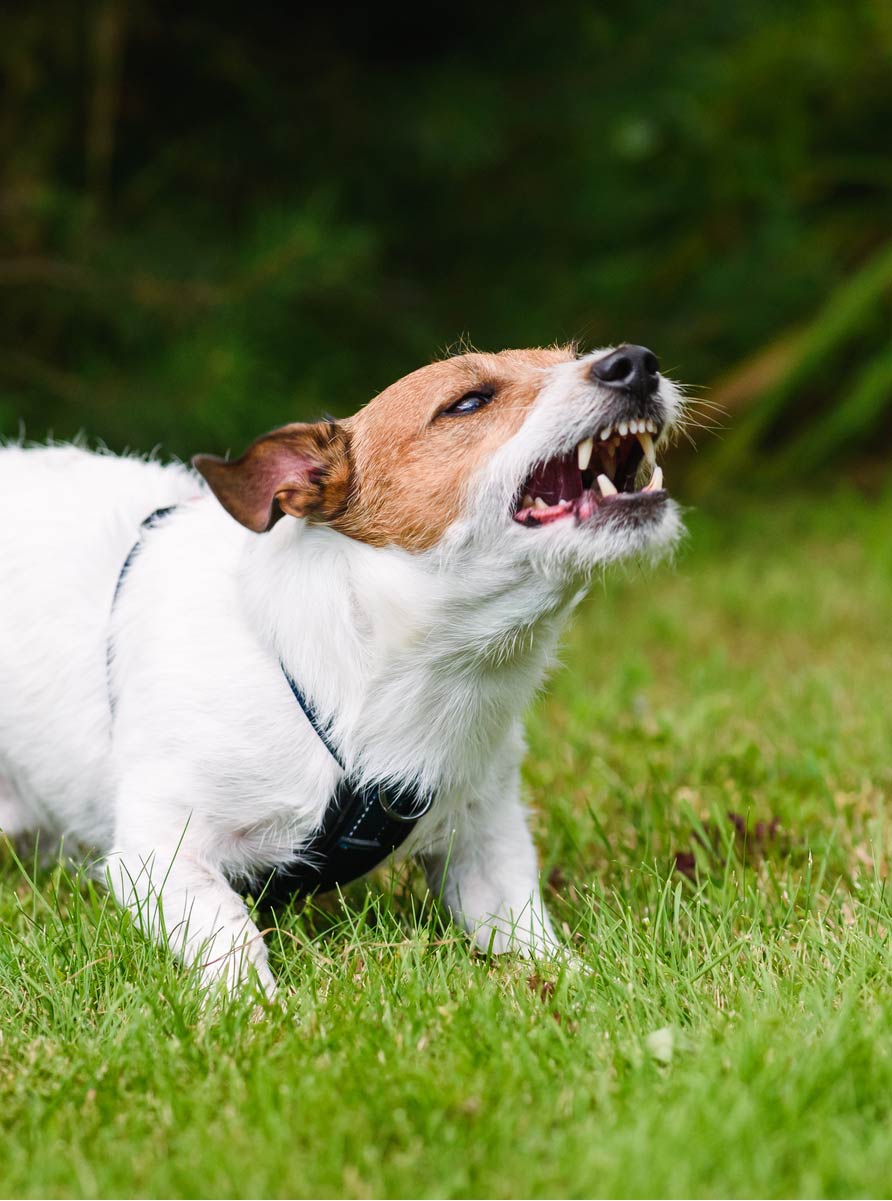Is your dog struggling with something? In today's post, we're going to talk about some of the things you can do as you wait to see a professional. Things that will ensure that your dog's struggles don't get worse and things that will help you prep while you wait.
When people found themselves working from home, it seemed like a good time to get a dog, so the world's dog population experienced a 'little bump.' Wait times for everything from dinner out to specialist appointments are tricky now - you're not likely to call a day or two before and get an appointment anywhere. Some wait lists for specialists are more than 6 months long. Pre-Covid, wait times to see a good Dog Behaviourist or Trainer could be lengthy, but these days they're close to ridiculous!
Maybe your dog is worried about everything since life has gotten louder again.
Maybe they're reacting to every dog and person they see on the street.
Maybe they're struggling to function well in our human world for another reason.
So, what can you do? You've got a problem that's causing you trouble and no access to good advice. How are you going to manage? How can you help your dog?
Stop the Rehearsal
We've all heard the phrase 'practise makes perfect'. What most people don't realize is that this is true whether the skill being practised is a desirable behaviour or not. If your dog is reactive to other dogs, every time they rehearse having a reaction, it strengthens that behaviour. Every repetition of practise increases memory both mentally and physically and makes your dog better at the skill.
So our first step should always be to stop the rehearsal.
Now I know what you're thinking.... If I knew how to stop it, I wouldn't be reading this.
I know - bear with me for a moment. It won't be perfect - life is full of unexpected moments. Just do the best you can to minimize the repetition of the offending behaviour.
Maybe that means walking during off times or changing your route to a quieter location if your dog is reacting to people or other dogs.
Maybe it means avoiding the thing they're afraid of as much as possible or entirely, if you can when they're worried.
Maybe it means not giving them high value chews if you're experiencing possession issues.
You're likely not superhuman, so don't try to be. Just do your best. A bit of foresight and planning can make a big impact when it comes to rehearsal.
Train Skills and Obedience
This is a must. In order to be able to communicate what you want and what you don't want to your dog, you'll need skills. Skills that have been rehearsed to perfection and proofed will be necessary when things are tough for your dog.
Trust us when we say, your dog is not stubborn. They're not 'being a jerk'! They're being a dog that is trying to live in a human world. We need to teach them how to live in ours.
At minimum, you'll want to train your dog to have a solid response to their name and work hard on leash manners and control. Start teaching these skills in a quiet location, then build on distractions and proof through them so your dog clearly understands. Not sure where to start? Check out McCann Dogs on YouTube for hundreds of instructional videos to help with skill training.
If you have a dog who is reactive with other dogs, you will be doing a lot of walking drills to help them get comfortable, so having the leash skills in place already will make all of the difference to you and your dog.
Preparing your dog to be able to confidently respond to commands in the presence of the thing they're struggling with will make you a GREAT leader. One who your dog can communicate with and they can trust for good guidance. Not one that they are afraid of.
Skip the Armchair Experts
This is the absolute MUST of this article. Do not turn to the Facebook experts for advice. DO NOT! Please.
If you do turn to friends or family for advice, be sure they are qualified to give it. Just because an armchair expert says you can get a plot of premium land for pennies, that doesn't make it so and just because they think you can 'fix the problem by doing this,' that won't make it so either.
In fact, we see a lot of very traumatized dogs who have had experiences go wrong in this way. Behaviour modification is a very nuanced thing. Two dogs may present a similar problem with totally different intention and completely opposite response to tactics. It's not about applying a linear formula - that would be a dream! The trick to behaviour modification is being fluid and zig-zagging with the dog. We apply techniques that are tested and true, but then we react to the dog and gently try something else if we're not seeing what we want. You have to be able to read whether the dog is making progress or not. Are they comfortable or not? Why are they reacting? Are they worried or game for a fight?
Reactivity can have many different faces and many different cures.
Armchair experts usually work on the extreme peripheries and advice might range from 'wait them out' to smack, kick, hit, squirt, bonk, and so many other ineffective and potentially cruel methods. Bouncing around in technique without solid understanding will backfire on you, but it will also be a nightmare for your dog as their understanding of the situation gets more undefined.
Remember, they're not being stubborn. They're struggling to live in a human world. Dog packs don't go and visit other dog packs in their world. That would mean fighting and potential death. Stable dogs avoid conflict, which is another really good reason to wait for a professional's opinion. Dealing with dogs who are unstable in temperament is a whole other ball game. Do you know if you're dealing with nature vs nurture?
Just because Joe's cousin, who's uncle had a dog with the exact same problem used this method successfully, that doesn't mean it will work for you or that you should consider it before running it by a professional.
Find an Online Option
We all got pretty good at living and operating in a virtual space thanks to life events and dog training is no different.
You might be able to speed up your wait times drastically by finding a qualified professional who will see you over Zoom.
While there may be some things that are unsafe to work on remotely, you can get a lot of advice and information from an online consultation even if you can't work the dog. Getting advice on how to deal in the interim, tactics that will be safe to try and body language to be aware of will definitely help you co-exist with the dog in day to day life. The goal should always be safety first!
There is a LOT of repetition in dog training, so if you have to burn time waiting, it might as well be productive. If you can utilize any of these tactics, you're much more likely to see sucess when you do get to your appointment!
Find a Friend to Confide In
Finally, be sure to take care of you - the human in the relationship. Your dog is struggling, so we know you are too. Be sure to rest and recharge - put your oxygen mask on first so you can be your best for them!
Find someone to be an ear for your frustration who won't judge or try to offer advice. Someone who will simply listen with an empathetic ear. We've been doing this for a long time and it's JUST as hard if not harder on the human.
We know that with a great deal of certainty and we understand. You're not in this alone!
Until next time,
Happy Training

